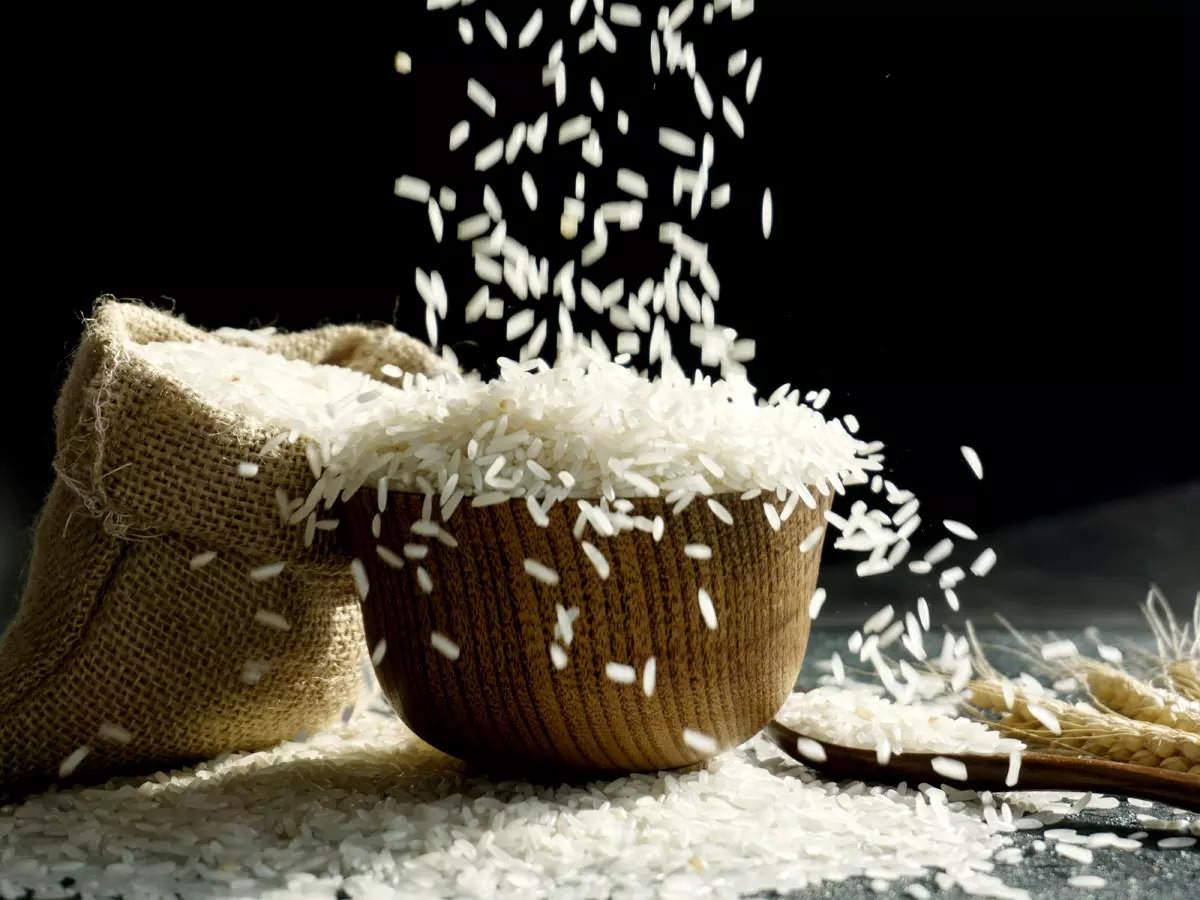On Tuesday, July 25, the IMF’s chief economist cautioned that India’s move to limit exports of several varieties of rice due to high domestic prices could contribute to global price inflation. The country in South Asia contributes for 40% of worldwide rice exports. It announced an embargo on non-basmati rice exports on Thursday, July 20, citing price increases of 11.5% in 2022 and 3% in June.
Recent inflation has triggered panic buying in merchants across the United States, with 20-pound bags retailing for as much as $50. Over the weekend, social media videos and stories showed Indian-Americans in Texas, Michigan, New Jersey, Alabama, Ohio, Illinois, and California standing in long lines or panic-buying rice. Regarding inflation, the IMF’s top economist, Pierre-Olivier Gourinchas, cautioned that India’s prohibition will have the same effect as Ukraine’s suspension of its Black Sea grain export contract, which led prices in other countries to rise. According to the Daily Mail, he warned at a news conference that global grain prices could jump by 10% to 15% this year.
“In the current environment, these types of restrictions are likely to exacerbate volatility on food prices in the rest of the world, and they can also lead to retaliatory measures,” said the economist, adding, “We would encourage the removal of these type of export restrictions because they can be harmful globally.”
Due to export limitations and accompanying price increases in the United States, a 20-pound bag of rice would cost anywhere from $16 to $50, or even more, in some supermarkets. Rice prices in the United States have grown by almost 11% on average, according to PBS Frontline. Non-basmati is the most popular type of rice use in traditional American cuisines, as well as Asian and Mexican cuisine.
Why has India banned the export of rice?
Due to growing domestic costs and concerns about the next crop output, the Indian government decided to ban rice exports. The Indian Ministry of Consumer Affairs announce in a statement that the export policy had been modify “in order to ensure adequate availability of non-basmati white rice in the Indian market and to allay the rise in prices in the domestic market.” The Indian government stated that the embargo will go into force on July 20 and that only vessels that are currently loading would be allow to export.
The restriction on rice production will eliminate 10 million tonnes, impacting supply in Nepal, Bangladesh, China, Malaysia, the Philippines, Indonesia, and African countries. Rice is a staple for over three billion people and is primarily grown in Asia due to El Nino weather patterns. Farmers have planted rice paddy in a 6% lower area than in 2022, causing waterlogging and preventing seedlings from replanting.











More Stories
Kedarnath Helicopter Crash: ‘हेलिकॉप्टर थोड़ा मुड़ा, पीछे की तरफ गया और फिर…’, सामने आया हादसे का असल कारण
Pune bridge collapse: Congress demands accountability, calls for questions to be asked of those in power
Kareena Kapoor, Saif Ali Khan rushed to be by Karisma Kapoor and her kids’ side at 2am after Sunjay Kapur’s death news